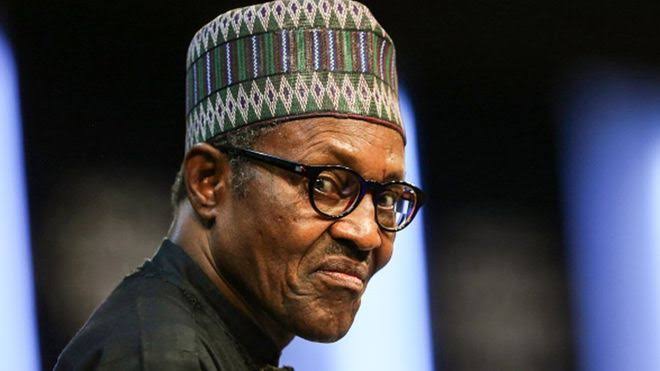the Socio-Economic Rights and Accountability Project (SERAP) and 176 concerned Nigerians have filed a lawsuit against the Federal Government of Nigeria over “the unlawful suspension of Twitter in Nigeria”.
The applicants are against the criminalization of Nigerians using Twitter, and the escalating repression of human rights, rights to freedom of expression, access to information, and media freedom.
Following the deletion of a tweet by President Buhari, Information Minister, Lai Mohammed last week had announced an indefinite ban of Twitter's operations in Nigeria.
The government threatened to arrest and prosecute anyone using Twitter, while the National Broadcasting Commission (NBC) asked all broadcast stations to suspend the use of the social media platform.
The suit No ECW/CCJ/APP/23/21 was filed today before the ECOWAS Community Court of Justice in Abuja.
SERAP and the concerned Nigerians are seeking: “An order of interim injunction restraining the Federal Government from implementing its suspension of Twitter in Nigeria, and subjecting anyone including media houses, broadcast stations using Twitter in Nigeria, to harassing, intimidating, arrest and criminal prosecution, pending the hearing and determination of the substantive suit.”
Related Articles
In the suit filed by Solicitor to SERAP, Femi Falana (SAN), the plaintiffs contended that if the application is not urgently granted, federal authorities will continue to arbitrarily suspend Twitter.
They said the Buhari government was on the verge of slamming criminal charges and fines against telecommunication companies, media houses, broadcast stations and others.
The suit read in part: “The suspension of Twitter is aimed at stopping Nigerians from using Twitter and other social media platforms to assess government policies, expose corruption, and criticize acts of official impunity.
“The free communication of information and ideas about public and political issues between citizens and elected representatives is essential.
“This implies a free press and other media able to comment on public issues without censor or restraints, and to inform public opinion. The public also has a corresponding right to receive media output.
“Freedom of expression is a fundamental human right and the full enjoyment is central to achieving individual freedom and to developing democracy. It is not only the cornerstone of democracy, but indispensable to a thriving civil society.”








